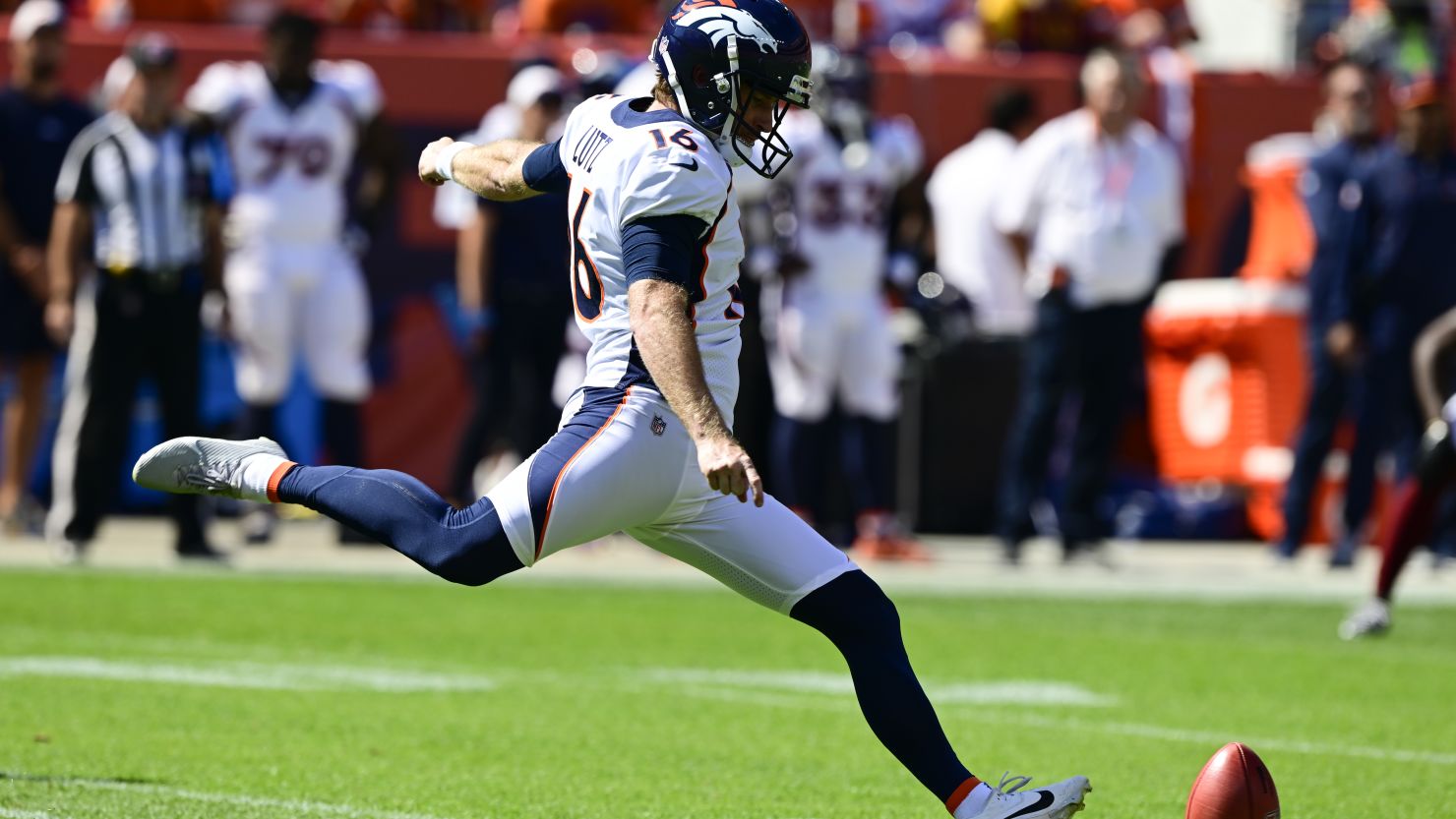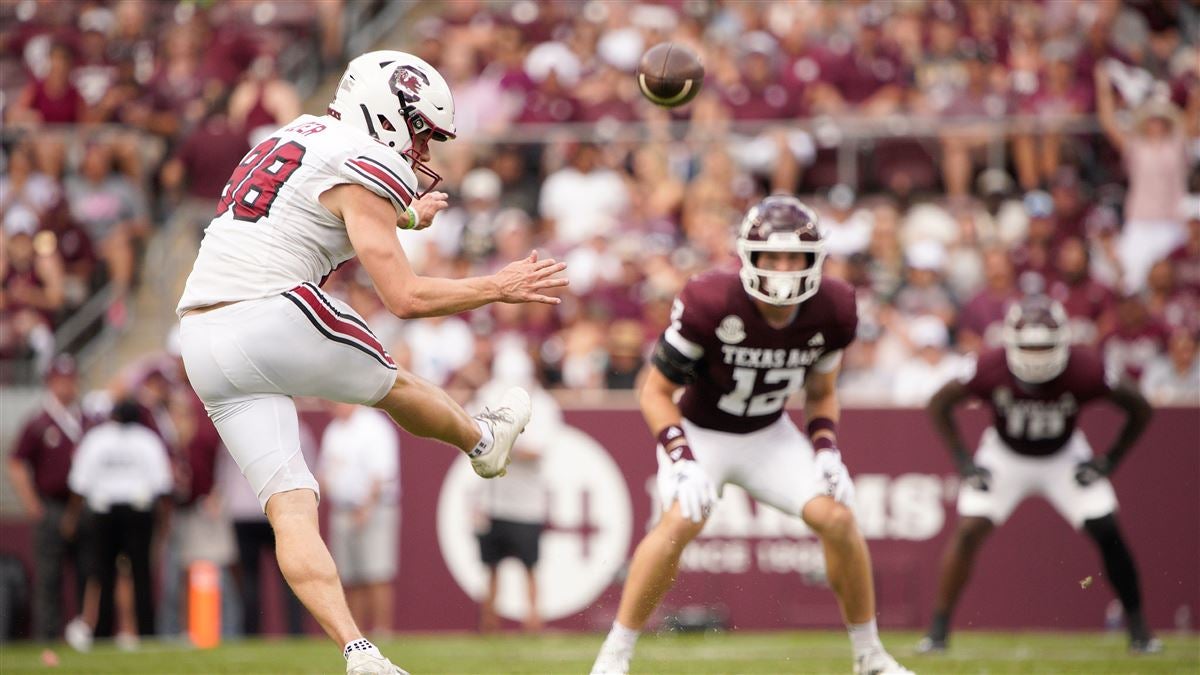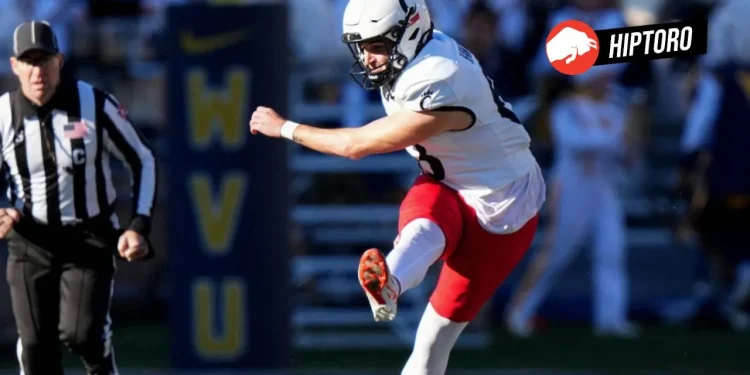In the ever-evolving landscape of American football, the NFL’s latest adjustment to kickoff rules has sparked a conversation that extends beyond the professional league’s confines, reaching into the heart of college football. This move, reminiscent of changes past, has left fans and pundits alike wondering: will the NCAA take a page out of the NFL’s playbook once again?
The Ripple Effect of NFL Rule Changes on College Football
Historically, the NFL’s alterations to the game’s rules have set a precedent that college football often follows. From moving the kickoff line to abolishing wedge blocking, the NCAA has mirrored the professional league’s efforts to refine the sport. Now, with the NFL adopting a hybrid kickoff format, the question is not if but when college football will align with these new standards.
Special teams coordinators across college football are already anticipating the shift, with some expecting the new kickoff rules to be implemented as early as the 2025 season. The proactive stance of these coaches, including the University of Buffalo’s Pete Lembo, reflects a broader readiness to adapt to the evolving nature of the game.

“A lot of the special teams drills that I’ve used in practice end up playing out a lot like what the NFL is doing because you’re trying to reduce the amount of space to reduce the impact,”
Lembo told 247Sports.
The NFL’s Kickoff Revolution: A Template for College Football?
The NFL’s kickoff reform, inspired by the XFL, is designed to reduce injuries while increasing the excitement of returns. With kickoffs from the 35-yard line and specific positioning requirements for players, the new rules promise to transform this aspect of the game into something more akin to an offensive play.
The success of this format in the XFL, where 97 percent of kickoffs were returned, contrasts sharply with the NFL’s previous 22 percent return rate and signals a potential shift in how the game is played.

College football’s Power 5 conferences, which saw return rates ranging between 30 and 40 percent in 2023, stand to benefit significantly from adopting a similar approach. Not only could this change reduce the physical toll on players, but it also has the potential to revitalize the kickoff as a strategic element of the game.
Voices from the Field: Coaches Embrace the New Kickoff Paradigm
The enthusiasm for the NFL’s new kickoff rules is palpable among college football’s coaching staff. Air Force’s Tim Horton views the change as an opportunity to turn kickoffs into an extension of the offensive play, emphasizing the strategic placement of the ball to optimize field position. Meanwhile, UCF’s Brian Blackmon appreciates the simplification and safety improvements the new rules offer.
Will NFL’s new kickoff format be adopted by college football? https://t.co/Vgj4dA2ewN
— College Football (@CollegeFootball) March 28, 2024
“I like it. I think it simplifies the phase, reduces big collisions, and reduces the run load on guys by removing 60-yard sprints on touchbacks. It also will open up more returns and put a premium on field position. It makes it more like a punt return play than a current kickoff return.” Blackmon stated.

Conclusion: A New Era on the Horizon
As the NFL’s new kickoff format sets the stage for a safer, more thrilling version of football, the NCAA appears poised to follow suit. The alignment between professional and college football in terms of rules and gameplay has historically benefited the sport, ensuring a seamless transition for players as they advance in their careers.
With safety, strategy, and entertainment at the forefront of this change, college football may soon embrace a kickoff revolution that redefines the game for a new generation of athletes and fans.

Source: Yardbarker









